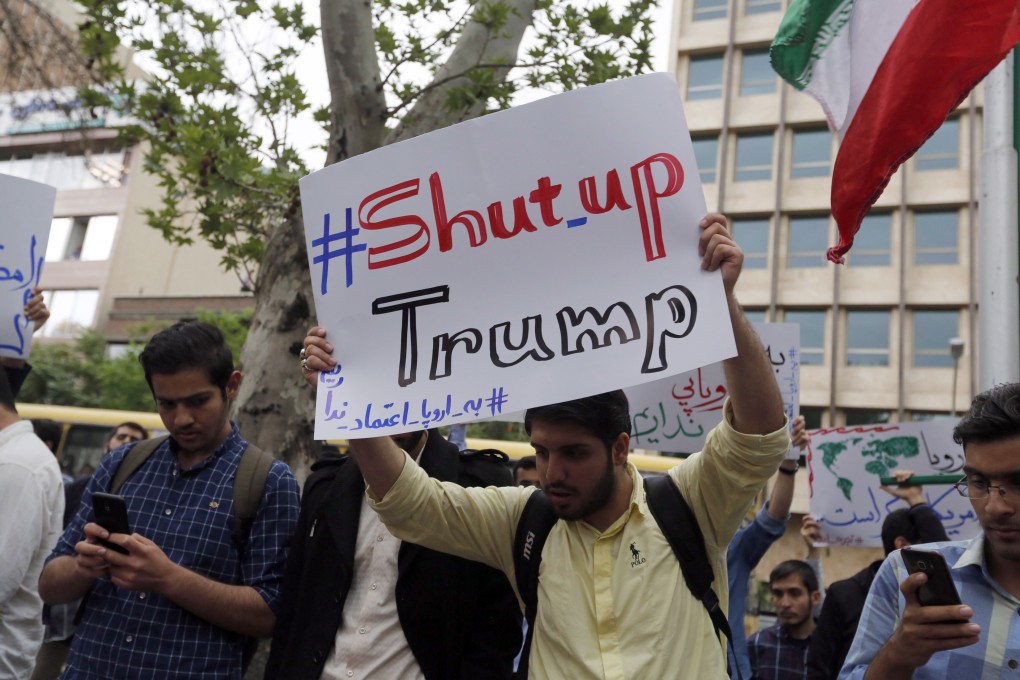Opinion | Global outcry against US call for sanctions ‘snapback’ on Iran was a long time coming
- Under Donald Trump, the US abandoned the deal and sent US foreign policy spiralling. Is it any wonder the US snapback proposal was roundly rejected – by 13 of the 15 Security Council members within 24 hours?

August 20, 2020. That was the day the US Secretary of state Michael R. Pompeo swaggered up to a podium at the United Nations, proclaimed that up was down, unicorns were real, and that he could really go for some curry fish balls right about now.
If that sounds confusing to you, it should. It is the political equivalent of quitting a job, not showing up to work for two years and insisting that you are entitled to your full salary because a contract once existed that listed you as an employee.
Signed in 2015, the Joint Comprehensive Plan of Action is a deal between the five permanent members of the UN Security Council and Germany on one side, and Iran on the other. This agreement includes strict monitoring and verification provisions that permanently cut off Iran’s ability to clandestinely develop nuclear weapons.
In exchange, all sanctions on Iran’s nuclear weapons-related activities were lifted, and Tehran received a pathway to rejoin the international community.
The deal received widespread international support and was considered a major foreign policy victory for the Obama administration. When Donald Trump took office in 2017, he set out to unravel his predecessor’s legacy, which included, against the advice of his own advisers and the pleas of the international community, the Iran nuclear deal.

06:04
Why can't Iran and the US get along?
